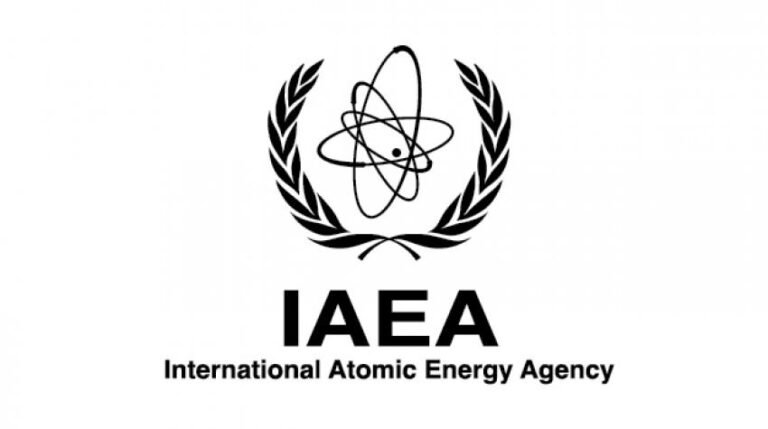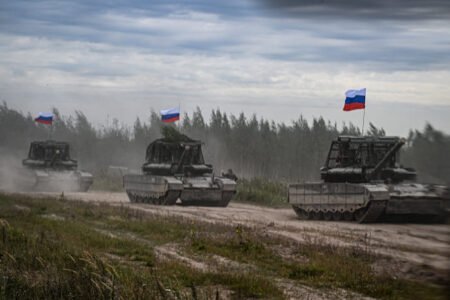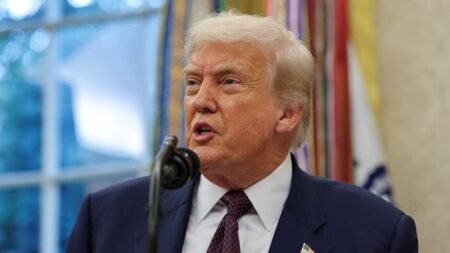The International Atomic Energy Agency (IAEA) is a vital organization in the world today, tasked with overseeing nuclear activities to ensure they are used for peaceful purposes and not for making weapons. Founded in 1957, the IAEA operates as an autonomous agency within the United Nations system. Its headquarters are in Vienna, Austria, where it coordinates efforts to promote safe nuclear technology while preventing the spread of nuclear weapons.
The main mission of the IAEA is twofold. First, it promotes the peaceful use of nuclear energy, helping countries around the world develop nuclear technology for energy production, medicine, agriculture, and scientific research. This includes sharing technical knowledge, providing training, and supporting safe and effective use of nuclear materials. Second, the agency works to prevent the proliferation of nuclear weapons by monitoring nuclear programs and ensuring that nuclear materials are not diverted to military use. This role is crucial in maintaining global peace and security.
To fulfill its mission, the IAEA implements a system of safeguards and inspections. It establishes agreements with member countries, allowing inspectors to visit nuclear sites and verify that materials are used only for peaceful activities. This verification process includes measuring radiation levels, checking uranium enrichment, and reviewing nuclear research. The agency’s inspectors collect data and report their findings to the international community, helping to build trust among nations.
The IAEA also plays a critical role in nuclear safety and security. It provides guidance and sets international standards to help countries manage nuclear plants safely, handle radioactive waste, and prepare for nuclear emergencies. This ensures that nuclear technology poses minimal risks to people and the environment. Through training programs and technical support, the agency strengthens global capacity to operate nuclear facilities securely.
Membership in the IAEA has grown to over 170 countries, reflecting the importance of nuclear technology and the need for international cooperation. The agency is governed by a General Conference that includes all member states and a Board of Governors that oversees policies and decisions. The Director General, who currently is Rafael Grossi, leads the agency and represents it in diplomatic and technical matters.
One of the IAEA’s most visible roles is monitoring sensitive nuclear programs, such as those in Iran and North Korea. The agency regularly inspects nuclear facilities in these countries to verify compliance with treaties like the Treaty on the Non-Proliferation of Nuclear Weapons (NPT). These inspections involve detailed examinations of uranium enrichment levels and facility operations. Reports from the IAEA inform governments and the public about whether countries are adhering to their commitments or pursuing weapons development.
For example, the IAEA has been closely involved in monitoring Iran’s nuclear activities. Inspectors have access to Iran’s nuclear sites and regularly measure uranium purity. While Iran holds uranium enriched to 60 percent, the agency has found no evidence that it has enriched uranium to the 90 percent level required for nuclear weapons. The IAEA’s findings have helped shape international discussions and policies regarding Iran’s nuclear program.
The neutrality and technical expertise of the International Atomic Energy Agency make it a trusted source of information and a key player in international efforts to control nuclear technology. Its work helps prevent nuclear conflict while supporting beneficial uses of nuclear science. The IAEA’s balance of promoting peaceful energy development and enforcing safeguards against weapons proliferation remains crucial as nuclear technology evolves and global security challenges grow.
As nations continue to develop nuclear capabilities, the role of the International Atomic Energy Agency in maintaining transparency, safety, and trust will remain essential. Its ongoing inspections, technical assistance, and policy guidance are vital components of the global nuclear framework. By fostering cooperation and ensuring compliance, the IAEA contributes to a safer world where nuclear technology is used responsibly for the benefit of all.







